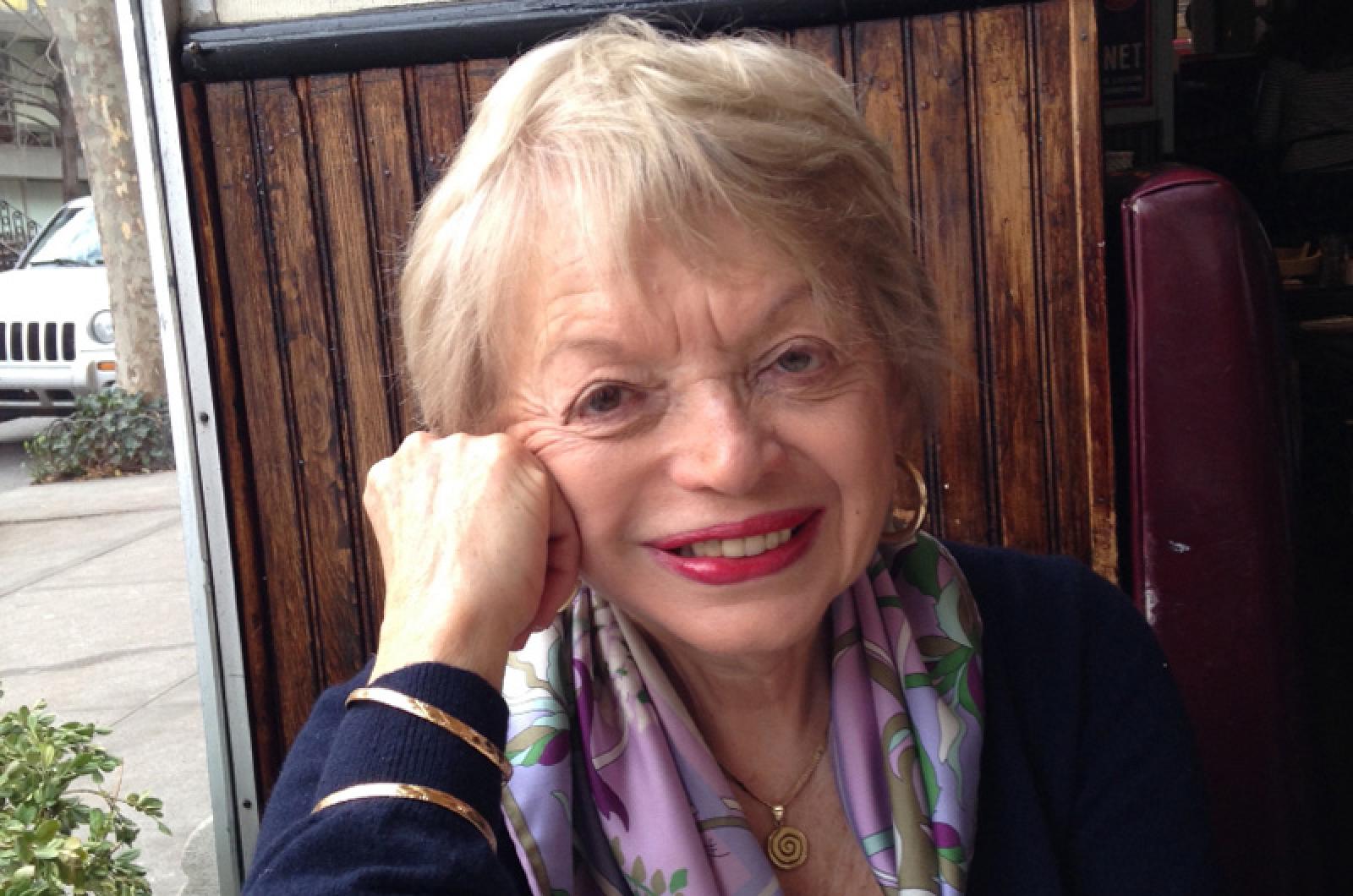In 2004, the novel Suite Francaise was awarded the Renaudot Prize, a glittering prize for fiction in France. This astounded the literary world because the author, Irene Nemirovsky, had been dead and mostly forgotten for over 60 years while the book, which she had written in the two years before her death, had been stored, unread, in a worn suitcase, hidden by one of her daughters.
Irene Nemirovsky was Jewish, born in the Ukraine when it was still under the Czar, emigrated after the Revolution with her family to France, where she was Sorbonne educated, became a leading literary figure, converted to Catholicism and was exterminated with her husband, Michel Epstein, at Auschwitz.
When Nemirovsky and her husband were arrested by the Nazis, their young daughters were saved by a French woman who worked for the family and who became, temporarily, their legal guardian. Along with the girls went Irene’s manuscripts. Susan Rubin Suleiman tells this highly dramatic story in detail in her new book, The Nemirovsky Question: The Life, Death, and Legacy of a Jewish Writer in Twentieth-Century France.
Ms. Suleiman, a seasonal resident of West Tisbury and research professor of French Civilization and Comparative Literature at Harvard, interviewed Nemirovsky’s daughter Denise Epstein several times, as well as most of her other descendants while doing her research. She will give a talk at the West Tisbury Library on Thursday, July 27, and again at the Martha’s Vineyard Hebrew Center on August 11 after Friday night services.
Suite Francaise is remarkable because the book is a brilliant fictional account of the German invasion, its relentless march through Paris and on through Vichy France in 1940, and its effect on the local people. As one reads this novel, knowing something of Nemirovsky’s background, the reader can’t help but marvel at how deeply she observed and understood and could bring to life the French characters, the bourgeoise and the peasants, the Parisians, the villagers, the aristocracy and, breathtakingly, the German occupiers, whom she saw, at least some, as victims themselves forced into a fight for which they felt no strong ideal.
Ms. Suleiman notes the strain of “human interactions” that the author understood as the French wondered how to live with the enemy. “Describing the arrival of young, good-looking German soldiers in a town emptied of its able-bodied men, [Nemirovsky] writes: ‘The mothers of prisoners or soldiers killed in the war looked at them and begged God to curse them, but the young women just looked at them.’”
The sense of awe is stretched almost to mental exhaustion when one realizes that Nemirovsky was writing this story contemporaneously — she didn’t know about Auschwitz yet, she knew nothing of the war’s end, all she knew and wrote about, in the tiny village where the family had taken refuge, was what was happening around her.
That there were no Jewish characters in the novel became, after the book’s publication, a subject of debate among Jewish readers, almost a symbol for Jewish infighting. Was the author a self-hating Jew, a convert who wanted only to be “French”?
Ms. Suleiman argues that Nemirovsky had a deep understanding, from her own experience, of the dilemmas that Jews faced as they sought to assimilate to Christian societies that more often than not would have none of them. Her book explores the “Jewish Question” through the life and work of Irene Nemirovsky — the very old question of how Jews identify themselves, how they relate to other Jews, and how they fit into a world where until late in the 19th century, they were not allowed to be full citizens of most European countries. Ms. Suleiman points out that conflicted identities are not absent among American Jews either.
Ms. Suleiman is exactly the right person to have written this book. She was born in Budapest in 1939, the daughter of a rabbi, and survived the war in hiding with her parents under a false identity. At age five, she learned to pretend that her name was “Mary”. In 1949, when Hungary went Communist, she and her family escaped by walking across the border at night to Czechoslovakia, eventually making their way to this country through Haiti.
Susan Suleiman will speak about her book Irene Nemirovsky: The Life, Death and Legacy of a Jewish Writer in 20th-Century France, at the West Tisbury Library, on Thursday, July 27, at 5 p.m. and again at the Martha’s Vineyard Hebrew Center, on August 11 after Friday night services.






Comments
Comment policy »